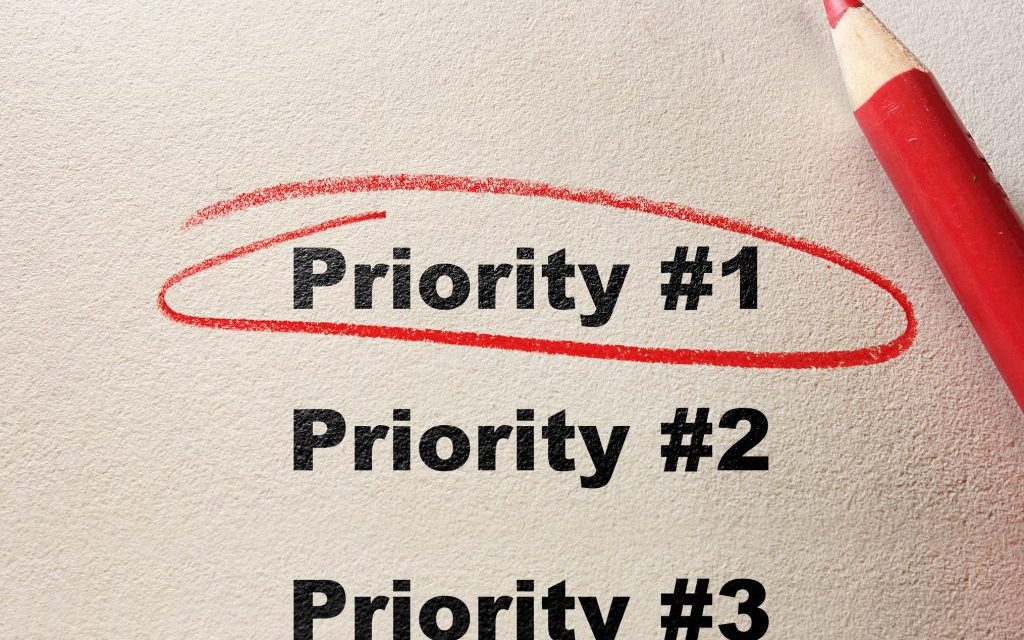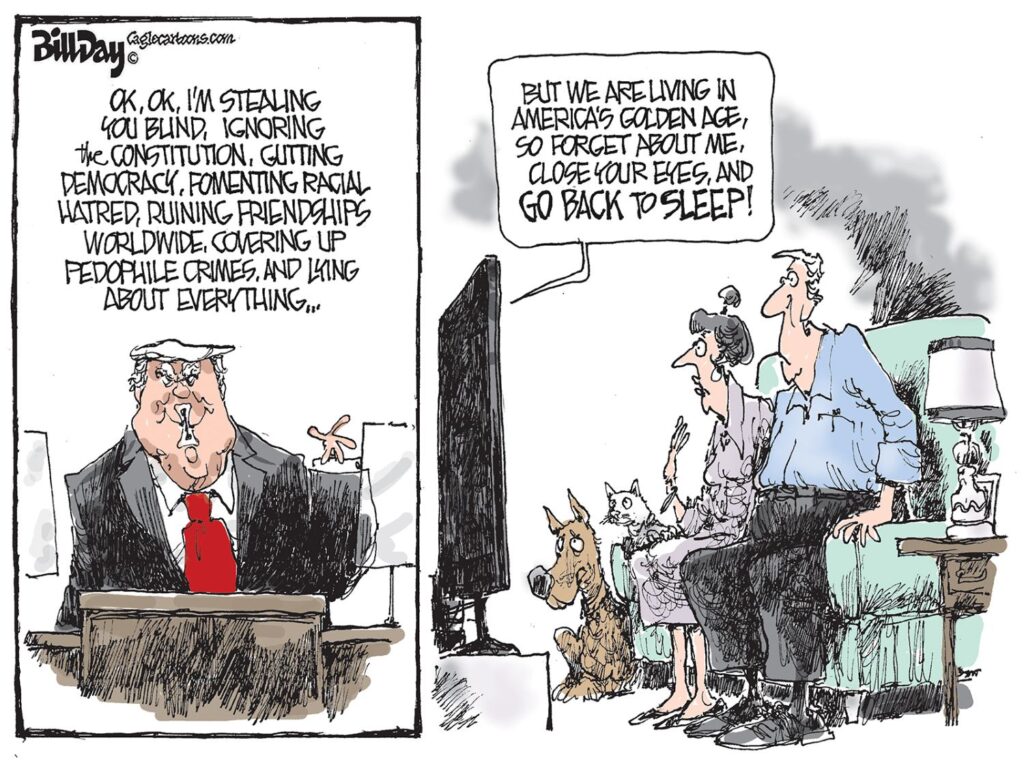The top economic development opportunity for Shelby County is arguably one that gets little explicit attention from officialdom, despite it being worth $29 billion.
That amount is several times larger than the much-vaunted Ford Motors’ BlueOval City project which received a $900 million incentive package from Tennessee lawmakers for its $5.6 billion factory and $1 billion yearly payroll.
The $29 billion is also larger than the economic impacts of Memphis tourism, hospitals, University of Memphis, the annual payroll for FedEx, and the yearly fundraising total for St. Jude Children’s Research Hospital – combined.
The $29 billion is the amount of the dividend to Shelby County’s economy if the racial income divide could be closed. It would send the Shelby County GDP soaring over $110 billion.
The Ultimate, Most Important Challenge
The silence about it is an anomaly, especially considering how much we talk about poverty and how dozens and dozens of nonprofit organizations are devoted to addressing it. However, as the late Greater Memphis Chamber president Phil Trenary said, simply decreasing the poverty rate by moving more people just over the poverty line is a mirage of progress. That’s why he said the Greater Memphis Chamber should take the lead to do more than that.
There is no denying that closing the income gap could be called Memphis’ ultimate challenge. After all, when Dr. King led the sanitation strike, the median household income for white families in Shelby County was twice that of African American families. Now, 57 years later, it is roughly the same.
Meanwhile, our community has treated a $15 an hour salary as a living wage; however, according to the highly-respected MIT Living Wage Calculator, which breaks down specific living costs, a living wage for a single adult with no children in Shelby County is actually $20.29 and for two working adults with two children, it is for each, $23.57 an hour.
When Memphis City Council several years ago proposed a $21 an hour threshold for a company to receive incentives and the Shelby County Board of Commissioners proposed a study about tying tax breaks to how much companies paid workers, both ideas died with the Greater Memphis Chamber and business CEOs vigorously opposing both. As a result, companies seeking a PILOT here can still get 75 percent of their property taxes waived if they pay only $15 an hour.
The Problem
The problem is that 42 percent of African American workers in Memphis earn less than $15, compared to 19 percent for White workers, and that percentage for Black workers is higher today than in 1990.
That fact helps to pull the median household income of African American families down to $48,205 while the median household income of White families is $90,183, according the 2024 Memphis Poverty Fact Sheet by Dr. Elena Delavega and Dr. Greg Blumenthal, the definitive report on poverty in our community. (Note: Dr. Blumenthal does not expect any substantive change in the 2025 edition.)
It has led City Council member Michalyn Easter-Thomas to say increasing Black wealth is Memphis’ most pressing priority. She can take inspiration from other cities.
Philadelphia is part of Bloomberg Philanthropies’ CityStart initiative and it’s specifically targeting the racial wealth gap. Its overall goal is to “accelerate the pace of wealth accumulation for Black individuals and families and address systemic underinvestment. In keeping with all of Bloomberg’s work, it is heavy on data, analysis, innovation, and policy development. Cambridge, Massachusetts, Birmingham, and Durham have launched pilot programs for guaranteed income, and despite promising results, sustainable models have been hard to create with just local funding, further complicated by the likelihood that federal funding will not be forthcoming in the future. New Orleans is working with its Urban League to plan for a regional approach to attacking the racial wealth gap. Atlanta’s efforts include a retail incubator, apprenticeships, and wraparound social services to support families connecting residents to living wage jobs.
Cornerstones for many of these wealth-building programs are Black home ownership, business ownership and entrepreneurship, community investment, and collective action.
Action Needed
If there is a lesson from other cities, there is no one-size-fits-all solution. Rather, it calls for government/business/philanthropies to endorse a specific, shared plan of action and say loudly and without hesitation that closing the income gap is their objective.
Essential data on strategies are limited and that is certainly the case here. The City of Memphis Data Hub is internally focused and so is the Shelby County Government Open Data Portal which is also badly outdated and next to useless. The Greater Memphis Chamber’s MemMeasures is a better source despite lagging indicators.
It’s the absence of an all-encompassing data hub/think tank with focused precision measurements and analysis that led for a key recommendation of the ambitious More For Memphis plan to call for one. It has raised about $100 million of its five-year goal of $1.4 billion. There has never been a community-based strategic plan more pioneering and bold in its origin and in its recommendations – and a plan more difficult to implement, because it succeeds or fails on whether it has an unprecedented level of coordination between public, private, neighborhoods, and nonprofit sectors.
More for Memphis has set out provocative action plans in the areas of Education and Youth, Economic Development, Arts & Culture, Community Development, Health & Well-Being, and Justice & Safety. It is replete with the buzzwords common in these kinds of plans, but the clear thread that runs through its more than 30 strategies is clear: it is to increase African American wealth, or in the language of the plan, “to increase economic mobility.”
Memphis has had large-scale plans in the past that fell short – Memphis Tomorrow’s Memphis Fast Forward in 2005 and Brookings’ 2014 Roadmap for Transforming the Metro Memphis Economy come to mind.
But with $29 billion as the payoff, maybe that is the ultimate incentive for success.
**
This was previously published as my March, 2025, City Journal column in Memphis magazine.
**
Join us at the Smart City Memphis Facebook page and on Instagram where these blog posts are published along with occasional articles, reports, and commentaries that are relevant to Memphis.



